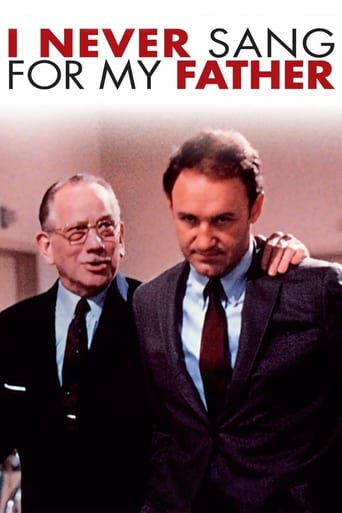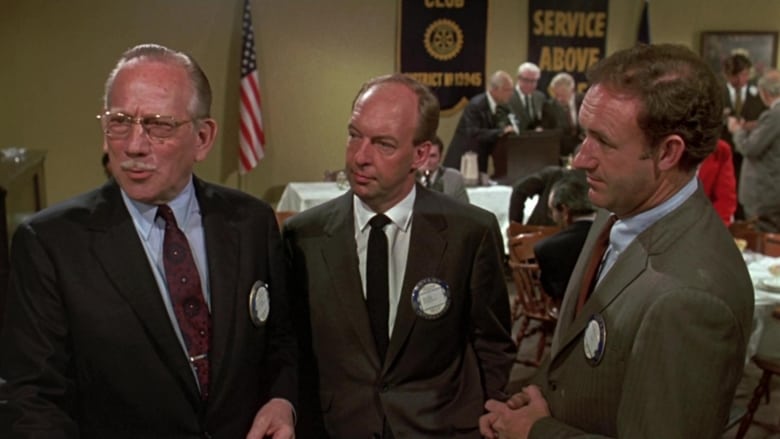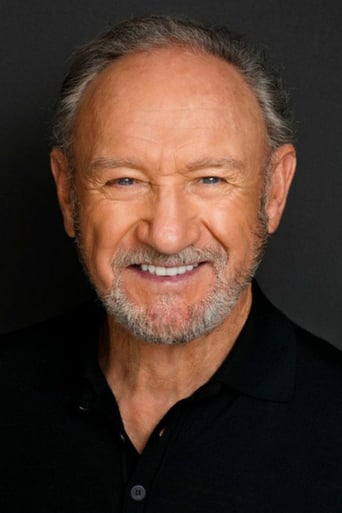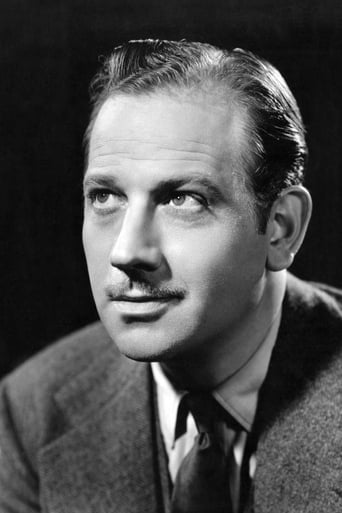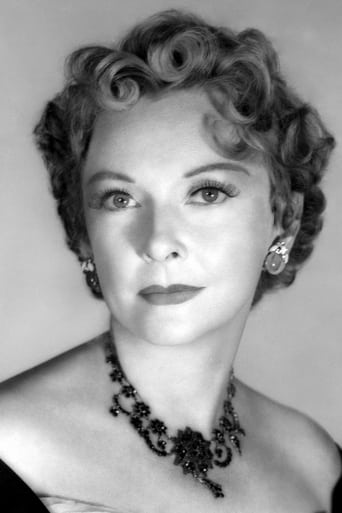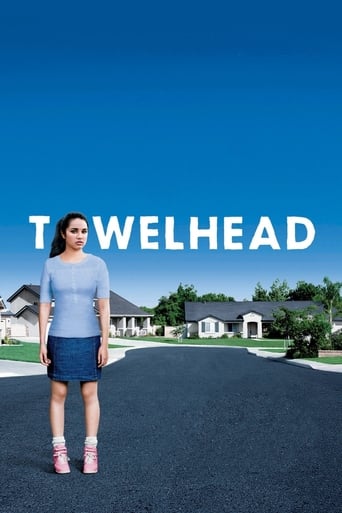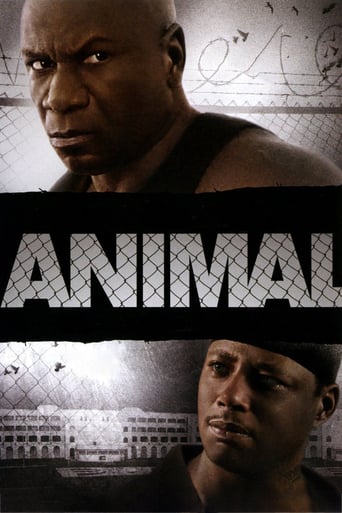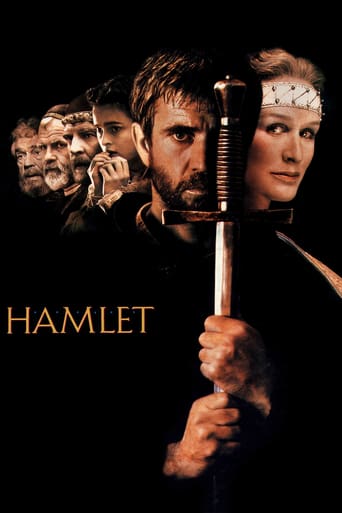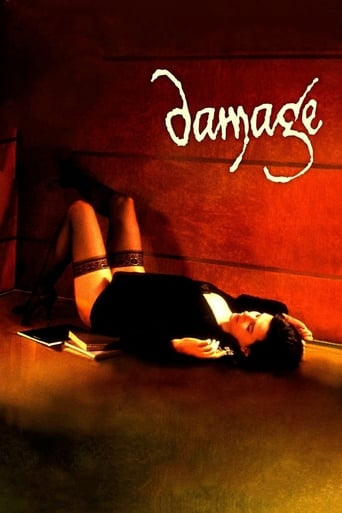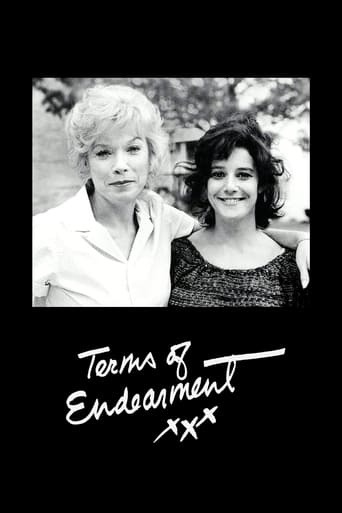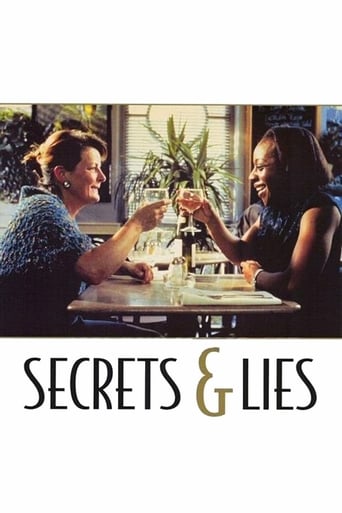I Never Sang for My Father (1970)
Hackman plays a New York professor who wants a change in his life, and plans to get married to his girlfriend and move to California. His mother understands his need to get away, but warns him that moving so far away could be hard on his father. Just before the wedding, the mother dies. Hackman's sister (who has been disowned by their father for marrying a Jewish man) advises him to live his own life, and not let himself be controlled by their father.
Watch Trailer
Cast


Similar titles
Reviews
A great film with wonderful performances from Melvyn Douglas and Gene Hackman that displays the relationship between father and son and the difficulties of aging, growing up and moving on. This film echoed several personal things in my own relationship with my father, and the moments in the film felt real to me. Any person who has had to deal with complicated relationships with their parents owes it to themselves to watch this film. I'm only sorry it took me so long to watch it, but given that my parents are entering their twilight years it really connected with me. I can't recommend this film enough for it's acting and truthful screenplay. My only complaint would be the music which seemed dated and obtrusive in places.
I saw this movie as a very young man with a father who was growing very old. Even then it worried me as it reminded me of my relationship with my own father who had complained that we weren't spending as much time together as in my boyhood. Remembering this film now with three grown sons makes me wonder if they suffer from the same contradictory feelings I had for my father at their ages.And this is exactly what makes this film great. It essays the human condition in its stark reality.Quite frankly I wouldn't have seen this film if I didn't know Gene Hackman from his French Connection series. Oh, I knew it would be some kind of very talky drama but just the same I wanted to see how he would do in such a story. He did very well.If you are curious about the title see my question in the discussion board and the compleat answer by Cassandra.If you like themes like this see also Death of a Salesman (the version with Frederic March) and Nothing in Common (Tom Hanks).
I find myself recommending this movie to people all the time. It is such a clear picture of the challenges faced by anyone trying to help an aging parent.But there is another aspect to it that I love. It is one of the few serious films I've seen that shows the effect of a character being viewed as the salt of the earth, heroic and charming by outsiders, but who is nasty, judgmental and selfish with his own family. Whatever has happened due to Douglas' character aging and beginning to lose his mental faculties, you know that this particular pain has been part of his children's lives forever.Such a relationship is always difficult -- it is especially so with an older relative who has truly done heroic things, and who is respected and loved even by those he abuses. It puts everyone who knows his darker side in a bizarre and awkward position, seeming like villains for ever saying a word against a much-admired person.This movie captures the agony and poignancy of such a relationship perfectly, and shows the various levels of maturity with which one's family can choose to respond. The character's daughter needs to stay away, his son takes it with a grain of salt, as evidenced by his wry smile and mild answer when his fiancée finds his father "charming." This is a must-see film, for more reasons than I can list here.
"I Never Sang for My Father" has to be one of the saddest films ever made. Relations between parents and grown up children are examined in this tight drama that rings true from beginning to end. We can relate to how the dynamics in a family change as parents get older and children are now involved in problems of their own with their families.This is basically about the special relationship between a father and a son. Tom Garrison, the father, is in his eighties. His son Gene has lost his wife and is now seeing a woman doctor in California. When Margaret, the mother, suffers a heart attack and dies, Tom and Gene come to a confrontation because the father wants to keep a grip on his son to help him during that adjustment period. Gene, who has always been a good son, has to make a decision that will put him at odds with his father.The idea of children taking care of their parents during their old age is questioned here. On the one hand, Tom, the father, is a self made man who struggled hard for all he achieved in life. Gene, the son, is in the eyes of the father, a failure, because of his passive nature. Tom has counted on relying on Gene for those late years and because of his intransigent nature, he is not willing to compromise in the solution the son has for him.The film version of Robert Anderson's play, and directed by Gilbert Cates, gathered a stellar cast to bring the family alive. Melvyn Douglas, in one of his best screen appearances, makes Tom Garrison come alive. Mr. Douglas' take on his character shows a man that while giving an appearance of being strong, underneath, shows his vulnerability. Gene Hackman, who plays the son, is a perfect match for Melvyn Douglas. Their scenes together show a raw energy between a domineering father and a son that has gone along to please him. Estelle Parsons is seen as Alice, the estranged daughter and Dorothy Stickney who plays Margaret, the mother.

